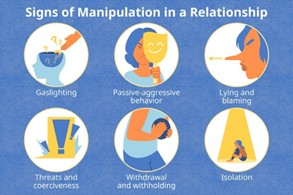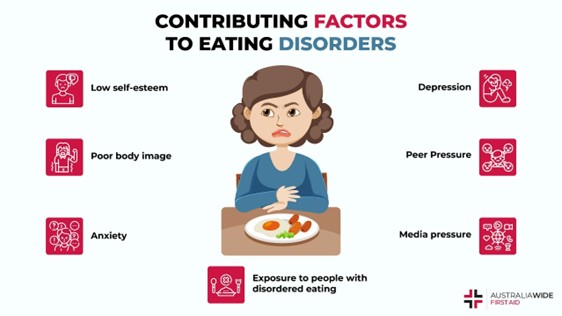A registered nurse is planning to care for a client who demonstrates manipulative behaviors. Which of the following interventions should be included in the plan of care?
Avoid discussing past manipulative behaviors with the client.
Allow manipulation so as to not raise the client's anxiety.
Institute consequences for manipulative behavior
Avoid discussing present behaviors with the client
The Correct Answer is C
Manipulative behavior is not acceptable in any situation, and it is important for the nurse to set clear boundaries and expectations with the client. Allowing manipulation can enable the client's behavior and reinforce it. Avoiding discussing past or present manipulative behaviors with the client may not effectively address the issue and could potentially worsen the behavior. Bargaining with the client can also reinforce manipulative behavior.
Therefore, instituting consequences for manipulative behavior is the most appropriate intervention to include in the plan of care. This could involve setting clear limits on what is acceptable behavior and consistently enforcing consequences when those limits are exceeded. The consequences should be communicated clearly to the client, and the nurse should work with the client to identify more appropriate ways to communicate their needs and concerns.

Nursing Test Bank
Naxlex Comprehensive Predictor Exams
Related Questions
Correct Answer is C
Explanation
A systolic blood pressure of 62 mm Hg indicates severe hypotension and is a medical emergency. This is a life-threatening situation that requires immediate hospitalization for stabilization and treatment. Clients with eating disorders are at risk of electrolyte imbalances, cardiac complications, and other medical complications due to malnutrition and dehydration. While the other options are also abnormal findings, they are not as severe as the critically low blood pressure measurement. Therefore, the priority for hospitalization would be the client with severe hypotension.

Correct Answer is D
Explanation
In this scenario, the client has expressed a serious threat to harm someone, which triggers a healthcare provider's duty to warn law. The nurse appropriately informed the healthcare provider, who then informed their boss, to protect the potential victim from harm. This action is not a violation of privacy or confidentiality, as it is necessary for the safety and wellbeing of others.
Therefore, no disciplinary action is required for the nurse or the healthcare provider, as they acted in accordance with their professional and legal obligations to protect the safety of others.
Whether you are a student looking to ace your exams or a practicing nurse seeking to enhance your expertise , our nursing education contents will empower you with the confidence and competence to make a difference in the lives of patients and become a respected leader in the healthcare field.
Visit Naxlex, invest in your future and unlock endless possibilities with our unparalleled nursing education contents today
Report Wrong Answer on the Current Question
Do you disagree with the answer? If yes, what is your expected answer? Explain.
Kindly be descriptive with the issue you are facing.
